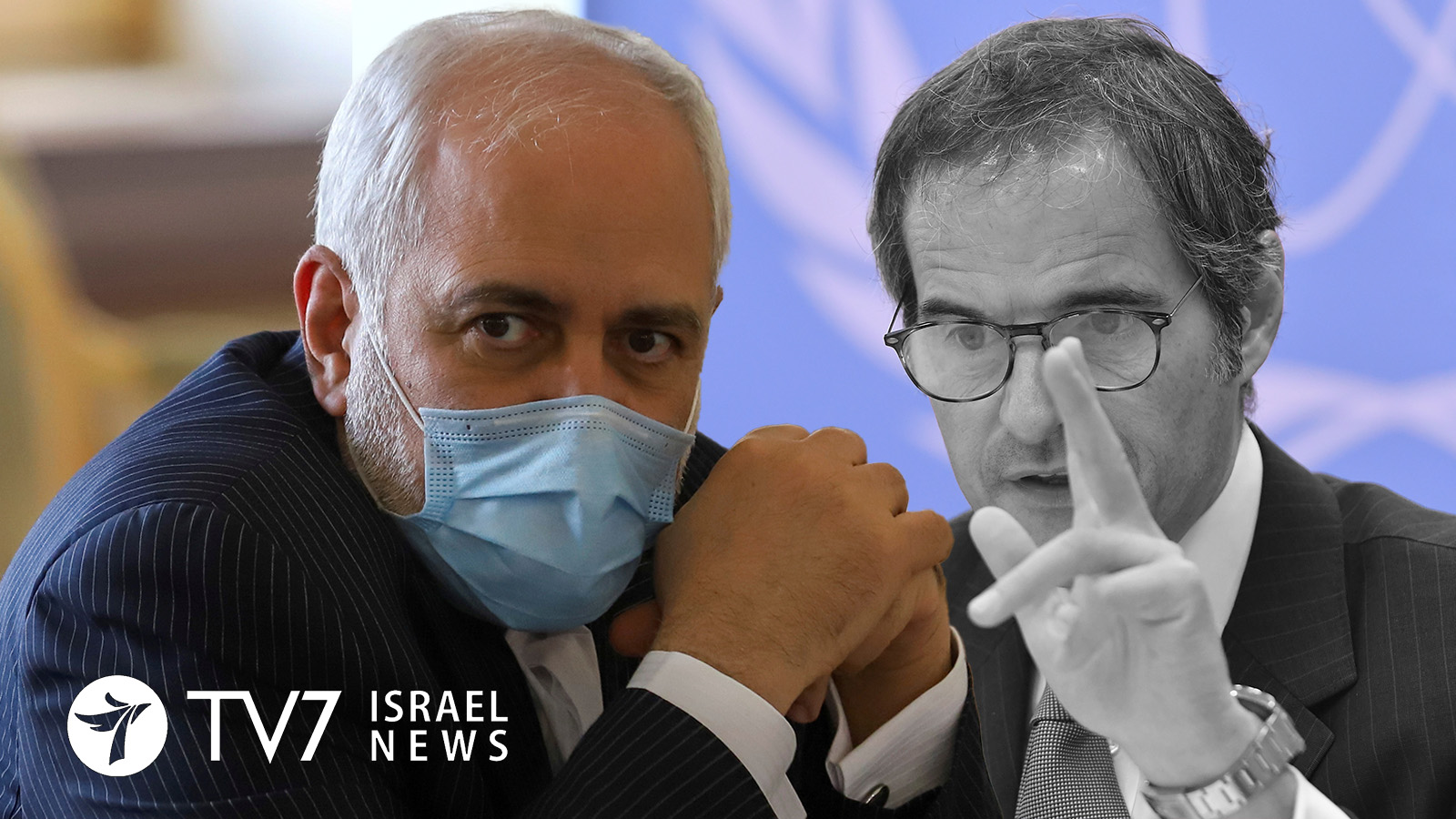The European Union envoy coordinating talks on reviving the Joint Comprehensive Plan of Action (JCPOA) nuclear deal expressed confidence that an agreement will be reached when world powers reconvene for negotiations with Iran for talks set to start next week.
“I am sure that the next round will be the one in which we will finally get a deal,” Enrique Mora, chief coordinator of the talks, told reporters as the 5th session of indirect communications between delegations from Iran and the United States wrapped up in Vienna on Wednesday.
Mora offered his optimistic assessment after a meeting of the remaining parties to the deal – Iran, Russia, China, France, Britain, Germany – in a format known as the Joint Commission (JC), chaired by the EU. The delegates have been meeting in the basement of a luxury hotel and conducting shuttle diplomacy between Iranian envoys and the US delegation – based at another luxury hotel across the road – since Tehran refuses to hold direct talks with Washington.
The talks have been ongoing since early April aimed at bring back Washington and Tehran into full compliance with the 2015 deal that former US President Donald Trump exited in 2018 and re-imposed sanctions on Iran, which then began to openly breech its nuclear obligations by assembling stockpiles of enriched uranium, enriching it to higher levels of fissile purity and installing advanced centrifuges to speed up production.
The administration of US President Joe Biden wants to restore the pact’s nuclear limits and, if possible, extend them.
Contrary to Mora’s upbeat view, however, the Western parties have been more circumspect about the timeline.
US State Department Spokesman Ned Price said yesterday that while Washington has not ruled out the possibility of an agreement in the next round, that existing hurdles between the sides indicates that, “there’s just about every expectation that there will be subsequent rounds beyond that.”
Price told reporters that those hurdles included the fact that the talks are indirect and the issues are complex.
“There is no lack of distrust between and among Iran and the other partners and allies with whom we’re working on this,” he added.
Senior diplomats from the UK, France and Germany – known as the E3 nations – issued a joint statement saying, “We have continued to make progress and important parts of a future deal have now been fleshed out, but the most difficult decisions lie ahead. We have of course worked based on the principle of nothing is agreed to (until) all is agreed.”
The 6th round of talks is slated to resume on 10 June – just 8 days before a hardline candidate is expected to be elected in Iran’s presidential election. The hopes of many delegates to secure a pact by then appear increasingly unlikely.
“Together we understand that time is on nobody’s side,” said the E3, stressing that, “Decision time is coming up.”
Iran’s top nuclear negotiator Abbas Araqchi told Iranian state TV said barriers to the revival of the deal are complicated but not insurmountable.
“Differences have reached a point where everyone believes these differences are not insolvable,” he said, “But the details are important and Iran’s firm positions are important to be observed.”
Meanwhile, Iran’s Supreme Leader Ayatollah Ali Khamenei said today that the Islamic Republic demands concrete steps and not pledges from the six world powers to revive the JCPOA.
“I have told our negotiators that actions, not promises are needed for the restoration of the nuclear deal,” Khamenei said in a televised speech.
